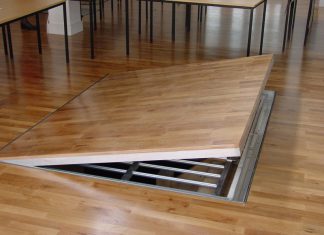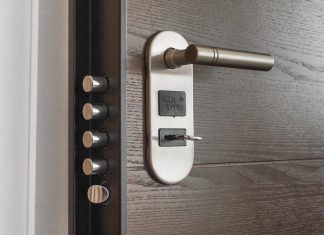Owning a home is one of the most significant achievements in any person’s life. This process of acquiring a permanent residence will take a while since it requires a tremendous amount of money and a lot of effort. Without careful consideration of the necessary precautions, you can end up with a home that doesn’t suit your taste or even end up losing a lot of money. It is essential to keep in mind that buying a home is similar to all long-term commitments, unlike renting. For this reason, it is, therefore, crucial to making sure that as a buyer, you make choices that will lead to no regrets afterwards.

The following are the seven most important things to check before purchasing a home. Arrange your priorities in line and follow these points as guidelines while making your decisions.
1.Verification of property ownership.
It is vital to ensure that the seller is the actual legal owner of the property before dealing with them. You do not want to be on the wrong side of the law by purchasing a property from fraud. The most fundamental way a seller can prove property ownership is through a grant or title deed. Any of these documents should bear the name of the seller.
If the seller doesn’t have these documents, other legal papers can prove ownership. They include An affidavit, insurance papers, tax receipts, and other legal documents. The provided form should verify that the seller owns the property on sale.
2.Survey the property.
A seller who advertises their property through online platforms will tend to avail pictures that make the property on sale look most appealing. As a marketing strategy, the seller will omit photographs that show the faults of the property. Therefore, it is essential for you as the buyer to check out the property by being there physically to get the real picture t to ensure value for your money. Check the sizes of the rooms and the sewer system. Inspect the functioning of the electrical system and the plumbing network to ensure excellence.
3.Check the cost of maintenance.
It is anyone’s dream to keep their homes good-looking and efficient. There is assurance that systems will wear away and call for maintenance with different activities taking place. Check the quality of materials used to build the home or the maintenance records if the house is not new. You must be sure that you are financially able to keep up with the cost of maintaining the home at the involved rate.
4.Check the property insurance.
Find out whether an insurance policy covers the property you want to buy. Some sellers might wish to transfer ownership of uninsured property. If you find out that the home is insured, check the kind of policy involved. It is essential to make sure that you can keep up with the premiums and that the insurance policy contents you.
Be sure that there are no unpaid premiums in the past as they can bring problems with the insurance company during compensation. Read through the terms of service and propose necessary changes to ensure you are contented. Ensure there is at least contents only insurance policy.
5.Neighborhood safety
Make sure that the site where the house is situated in a safe area. Check the crime rates of the region where this property’s located. Visit the place, study the neighbourhood’s streets, and talk to the people living there to get first-hand information. Consider how the location will affect your daily schedule of work or business.
Assess the performance and availability of amenities such as schools, hospitals, and other essential facilities. You do not want to live in an area where you have to drive for hours to do shopping or get to an emergency room.
6.Geographical information.
Geography is one of the significant issues that affect housing. The geography of an area will dictate its climate and the weather pattern. Follow up on the history of the area’s natural geographical activities. Check if the area is prone to frequent destructive calamities such as flooding. Determine whether you are ready to change your lifestyle to suit the geographical situation. Food availability and supply are directly affected by the geography of a region. Consider your preference in terms of nature views and alignment.
7. Ownership history.
Several owners might have owned a particular home. Be sure you find out the number of previous owners and the amount of time they owned the property. Follow up on the activities that have taken place in the house to ensure there are no illegalities attached to the property. If there have been many owners, find out why the frequent relocation is before buying the property.
You work your best to achieve a standard that your heart desires. Your effort should not go to waste due to mistakes that arise from a lack of information. The above points will guide you to achieving the home of your dreams.











































